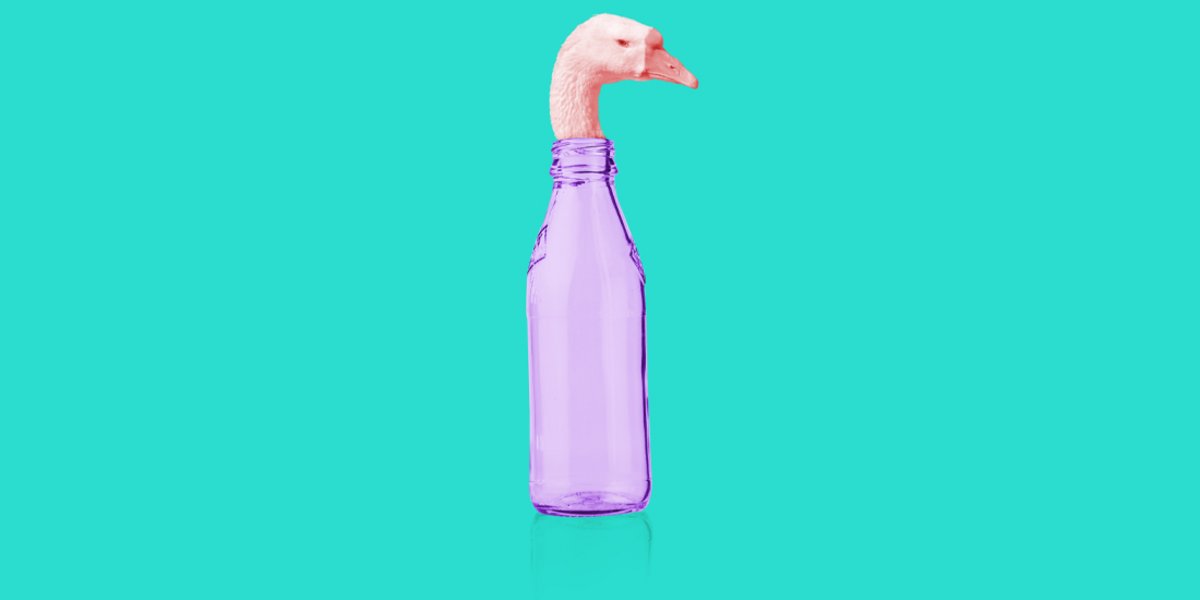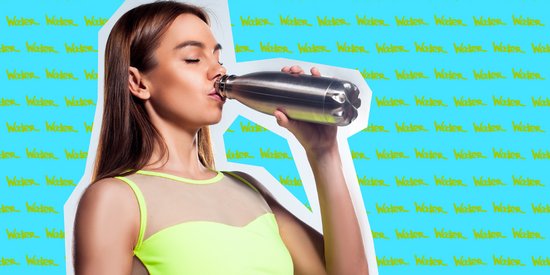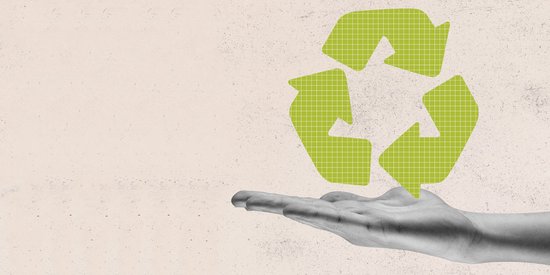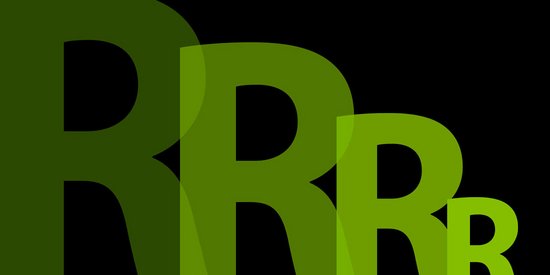Tap water, bottled water?
As there is stacks of information and much of it is contradictory, the choice does not always seem easy. This is why today, the Womensdestiny editorial staff are interested in this rather thorny subject, yet it is one which concerns each of us on this planet.
Far from wanting to make antagonistic remarks, we should remember that, after convictions in 2001, 2004, 2008 and 2013, France is still being singled out by European justice for failure to meet its obligations to fight against nitrate pollution. And France probably isn’t the only one…. Could non-compliance with the regulations have a negative influence on our health? Nitrates, lead, chlorine, limestone...this is what can be found in tap water. And if we believe the water boards, the ARS in France, tap water is one of the most controlled substances, with no less than 330,000 samples taken per year.
Result: the consumption of bottled water has doubled in 20 years.
To look at this, we asked a young biologist, Emma G, to write us this article, in order to provide you with the best answers.
“The history of water and that of men are closely linked,” explains Emma, who goes on to tell us that water has always been considered a source of purity and of virtues.
Part of the story begins at the beginning of the 17th century with ferruginous water having incredible properties, and its benefits against colic, melancholy and alcoholism were touted about. Many people gave it a more than just a satisfactory promotion. … Much later, in 1689, Count Lelio Piovene of Vicenza in Italy discovered a source of ferruginous water rich in gas; water which was called "the miraculous water of Saint Anthony," because he claimed that it had therapeutic properties. That said, Brittany in France is undoubtedly the chosen region for miraculous springs, where the number of sacred fountains is estimated at more than 2,000.
Today the average consumption in France is 150 liters per inhabitant per day, however only 1% of this consumption is actually drunk and the rest is used for washing. 96% of consumers have access to very good quality water in France and yet, conversely, 2.8 million people drink water contaminated by various pesticides from agriculture. Other equally interesting figures, THE PRICE of tap water is very economical, it is 75 to 350 times cheaper than bottled water. So, according to our calculations, by consuming 2L per day, you will only spend €3 per month against €20 for spring water and €40 for mineral water….
Can tap water be dangerous to health?
In France, water is no longer responsible for diseases as terrible as cholera so I would like to say NO! However, tap water comes from our environment, so it contains what is there. In any case, while there do not seem to be any immediate consequences for health, up until now, it remains difficult to measure the possible toxicity of chronic long-term impregnation. Limestone, for example, from the layers through which water passes through the soil, does not pose a health concern.
If we had to retain one main idea, localized contamination is an omnipresent risk, as we saw in the city of Grasse in the Alpes Maritimes in November 2019. We invite you to stay informed of regional alerts on drinking water in your municipality.
A final word from Emma
I would just like to draw your attention to avoiding fertilizers and pesticides in your gardens, avoid throwing leftover paint or avoid rejecting certain polluting products into drains, or into your homemade compost . Use ecological detergents (soaps, washing up liquids, for dishwashing ...) opt for dry toilets… Let’s preserve our soil!!!
Soil is a vital common substance, everywhere, in urban, agricultural or natural areas. It contributes to safeguarding biodiversity, self-sufficiency for food, water management, the fight against global warming, the production of materials and textile fibres, etc.
Whether you go for tap water or bottled water, remember it is important to drink enough water every day as part of your health plan and to stay well in your mind as well as in your body.








